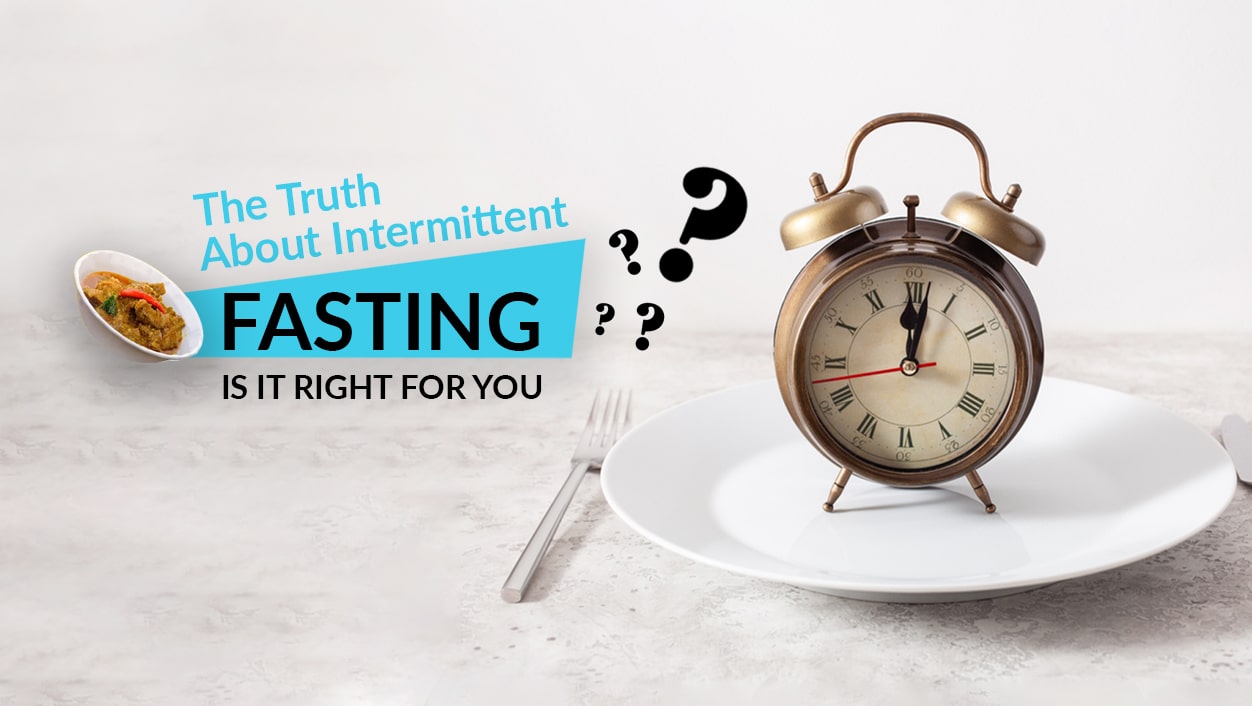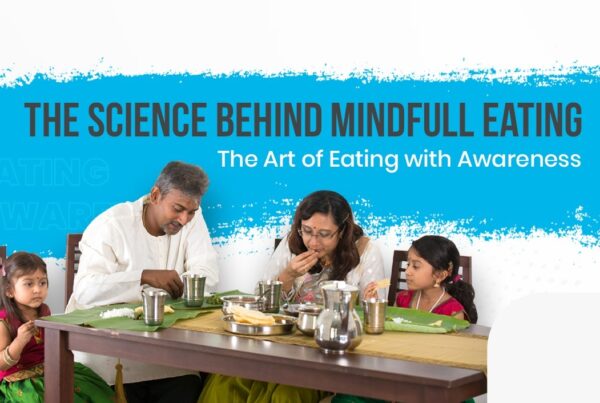Intermittent Fasting. The term has been recently making waves in health and wellness circles: Some of you might have heard the term before—maybe from a friend, on social media, or even in the news—but what does it really mean? And more importantly, is it something that could actually work for you?
Today, we’re going to break it down. We’ll cover what intermittent fasting is, how it works, the benefits people are seeing from it, and most importantly, whether it’s something you should consider in your own life. It’s not a ‘one-size-fits-all’ kind of approach, but it has helped a lot of people, and by the end of this article, you’ll know whether it might be right for you.
So, let’s start with the basics
What is Intermittent Fasting?
It’s really quite simple. At its core, intermittent fasting is just a way of timing your eating patterns. It’s not about restricting what you eat, but about when you eat. So, we’re not talking about cutting out entire food groups, just changing the window in which you eat.
How does intermittent fasting work?
Intermittent fasting is simply a pattern of eating that alternates between periods of eating and fasting. It’s not about what you eat, but when you eat. During fasting periods, you refrain from consuming food (and sometimes drinks) for a certain number of hours, while during eating periods, you eat normally.
Now, you might be thinking, “But isn’t eating all the time the normal thing to do?” Yes, it’s something we’ve all been used to, but intermittent fasting has been gaining popularity because it’s based on a more natural rhythm for the body.
Think of it like this: Our bodies are meant to go through periods of feast and famine, just like our ancestors did. They didn’t have food constantly available, so their bodies were used to fasting for hours, even days. When we fast, our body shifts its focus from digestion to repair and maintenance, and this is where the magic happens.
So, it’s not about starving yourself. It’s about creating a structured window where your body can rest from constant digestion, giving it the chance to repair and reset.
Intermittent Fasting Plans
Intermittent fasting (IF) comes in several forms, and the best one for you depends on your goals and daily routine. One of the most popular methods is the 16/8 method, where you fast for 16 hours and eat during an 8-hour window. This is a flexible approach that many find manageable. Another common plan is the 5:2 method, where you eat normally for five days and reduce calorie intake (around 500-600 calories) on the other two days.
For those looking for more structure, Alternate-Day Fasting involves fasting every other day, with either no food or very reduced calories on fasting days.
The One Meal a Day (OMAD) approach is even more restrictive, where you consume all your daily calories in one meal, usually within a 1-hour window. Each of these methods offers different benefits, but it’s crucial to choose a plan that suits your lifestyle and is sustainable over time.
To make IF a part of your lifestyle, consider gradual implementation and flexible approaches. Start with shorter fasting windows and gradually increase them as your body adapts. Additionally, be mindful of your individual needs and adjust your fasting schedule accordingly. By adopting a sustainable approach, you can reap the benefits of IF without compromising your overall health and well-being.
What Can You Eat While Intermittent Fasting?
Intermittent fasting isn’t just about when you eat, but also what you eat. The food choices you make during your eating window can either boost or break the benefits of fasting. Let’s take a look at what works best.
What’s Good to Eat:
Stick to whole foods like vegetables, fruits, lean proteins, and healthy fats. These keep you full, energized, and help your body perform at its best during the fasting period.
What to Avoid:
Avoid sugary snacks, processed foods, or refined carbs. They can cause energy crashes and prevent you from reaping the full benefits of fasting. Keep it clean, and you’ll get the most out of intermittent fasting!
Benefits of Intermittent Fasting
Intermittent fasting (IF) has been highlighted in some studies for its promising health benefits. However, it’s important to note that much of this research has been limited to small-scale studies and animal trials. More large-scale human research is needed to fully grasp its long-term effects.
Here’s a look at some potential benefits of IF:
- Gut Health and Weight Management: Helps improve digestion and balance gut bacteria, supporting weight management.
- Weight Loss: Supports fat loss by regulating metabolism and reducing calorie intake naturally.
- Improved Insulin Sensitivity: Can enhance insulin response, reducing the risk of type 2 diabetes.
- Reduced Inflammation: May decrease chronic inflammation, potentially lowering the risk of various diseases.
- Sustainability: Many find IF sustainable in the long term, making it easier to incorporate into daily life.
While these findings are promising, further research is needed to fully validate these effects.
Is Intermittent Fasting Right for You?
While intermittent fasting can offer several health benefits, it’s not suitable for everyone. Regular monitoring of health parameters, including blood sugar levels, blood pressure and weight, is essential to assess the impact of IF and make necessary adjustments.
Certain groups should avoid it, including:
- Pregnant or breastfeeding women
- Children and adolescents
- People with eating disorders
- Individuals with chronic conditions like diabetes (unless under supervision)
- Those with low body weight or nutritional deficiencies
Always consult with a healthcare professional before starting any fasting regimen to ensure it’s a safe and suitable option for your health needs.
Side Effects of Intermittent Fasting:
While intermittent fasting offers benefits, it can have side effects for some individuals. These may include:
- Hunger and irritability, especially during the initial phase
- Fatigue and dizziness if not properly balanced
- Overeating during eating periods, leading to weight gain
- Disruptions in sleep patterns
- Possible nutrient deficiencies if not done carefully
It’s important to monitor how your body reacts and consult a healthcare professional if you experience any negative effects.
Summary
Intermittent fasting isn’t a magic fix, but it’s a simple way to rethink how and when you eat. It might just be the boost you need for better health, but it’s not for everyone. Listen to your body, make smart food choices, and don’t skip out on professional advice. If it feels right and fits your lifestyle, it could be a game-changer. But remember—your health is all about what works best for you, not just the latest trend.









